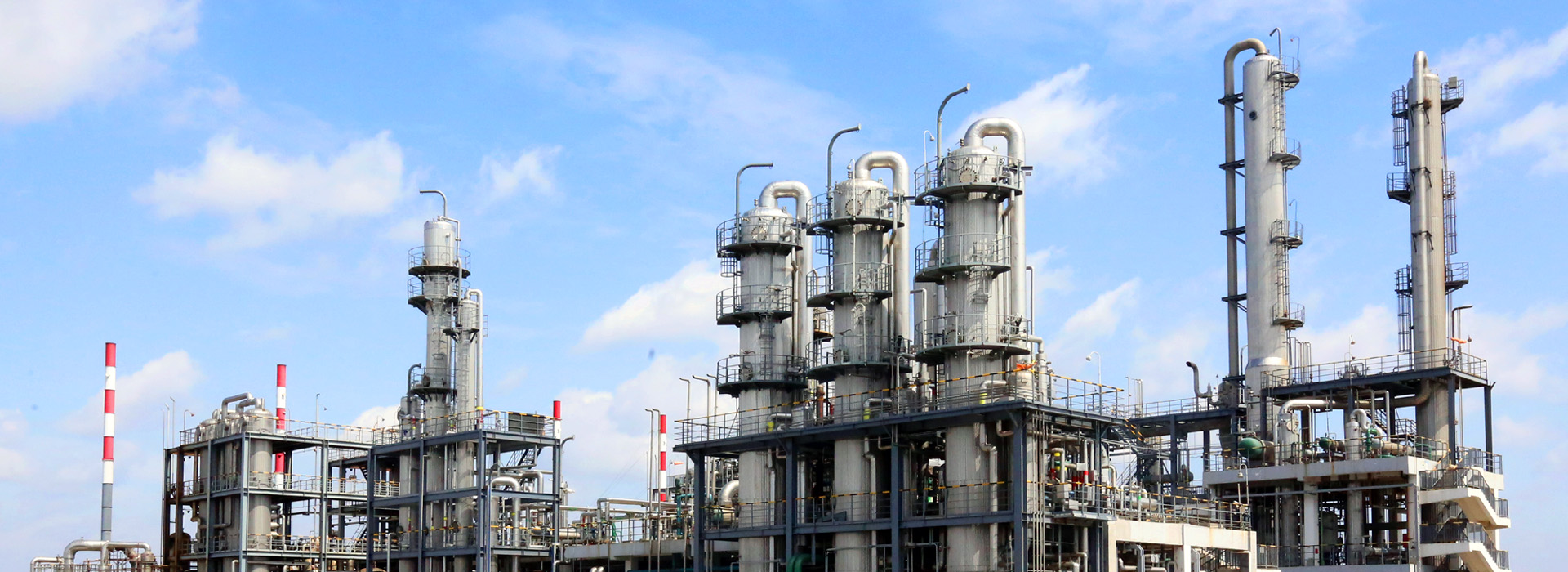The Spokesperson with MEP Tao Detian told the media that MEP would join Ministry of Land and Resources, Ministry of Transport, Ministry of Water Resources, State-owned Assets Supervision and Administration Commission, State Administration of Work Safety and National Energy Administration to launch an intensive check on the pollution risks from land-based oil spills in coastal regions, in order to guard against such risks and promote the safe development of land-based oils.
The secondary environmental emergencies caused by oil spills in China have been on the rise in recent years, because the spilled oils flowed into waters and pose an imminent threat to the drinking water and the public health. The upcoming check is intended for increasing the awareness of local governments and relevant departments at all levels as well as the coastal companies on safe production and prevention of environmental risks, enhancing their awareness on protection of the marine environment, setting up and improving the risk prevention scheme for oil spills, curbing the major marine pollution incidents triggered by work safety accidents, advancing the safe development and use of land-based oils, and guaranteeing the balanced and healthy development of the marine environment, Tao said.
The regions to be checked includes coastal cities which have subordinate districts and which are located in Tianjin Municipality, Hebei Province, Liaoning Province, Shanghai Municipality, Jiangsu Province, Zhejiang Province, Shandong Province, Fujian Province, Guangdong Province, Guangxi Autonomous Region, and Hainan Province, and the focus are the cities located in the Bohai Rim. The targets of the check are operating and new companies as well as companies in trial production period which fall in the administrative jurisdiction of the abovementioned cities and are in the business lines of land-based oil prospecting, exploitation, and refinery, and of storage and pipeline transportation of crude oil and oil products, relevant ports and wharfs; as well as companies in the transportation of crude oil and oil products. The focuses are major state-owned petrochemical companies. The package of the check includes the check on the performances of these companies in developing and implementing rules and regulations on guarding against land-based oil spill risks, in implementing the regional plans and industrial policies, in construction and operation of risk control facilities, in the emergency management of oil spills, and in handling incidents and making corrections; as well as the check on environmental qualities in the estuaries, according to Tao.
The approaches of the check include the self-check of companies concerned, the oversight by local governments, and the intensive check and spot check by the checking teams. On the basis of the self-check and the oversight, seven teams headed by senior officials from the abovementioned seven departments would conduct the intensive check on 11 coastal provinces (autonomous region, and municipalities) from the last ten days of October to the first ten days of November. The checking teams would urge local governments and companies to make corrections on any risks and problems revealed by the check, and make the local governments to play the leading role in oversight and the companies to play the leading role in prevention of oil spill risks.
Copyright(C)2024 , Qingdao Haiwan Specialty Chemicals Co., Ltd. All Rights Reserved. Supported by ChemNet ChinaChemNet Toocle Copyright Notice




